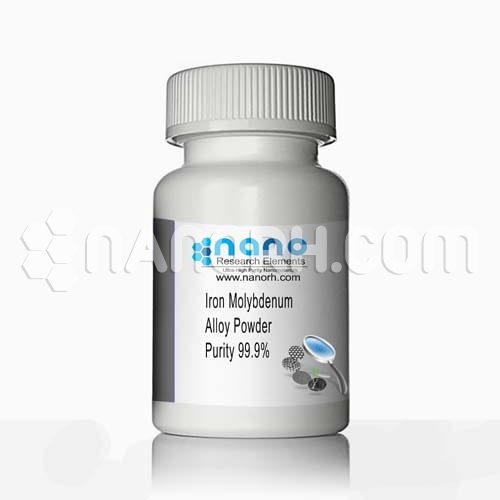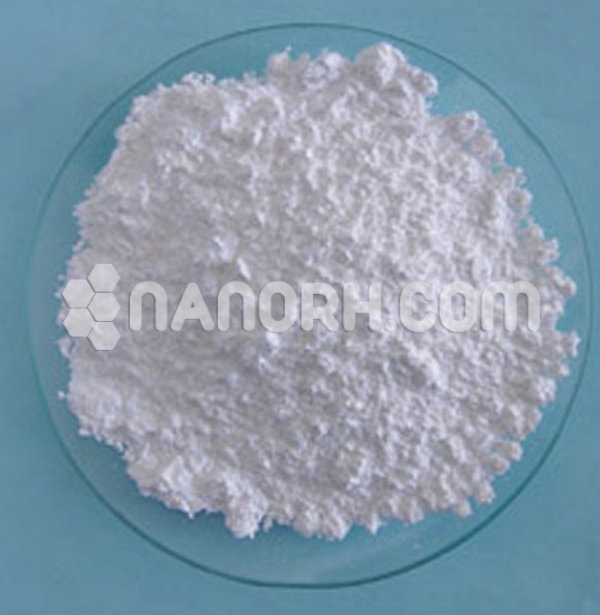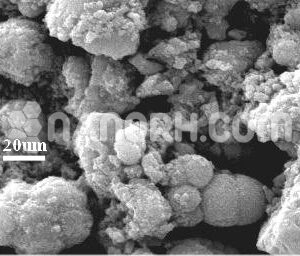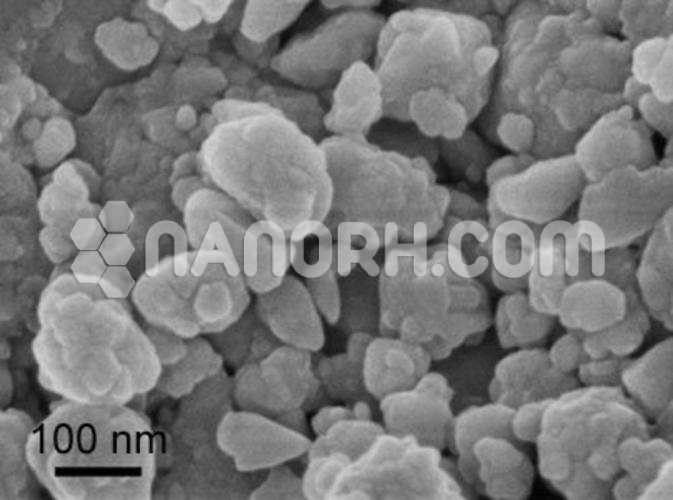| Iron Molybdenum Alloy Powder | |
| Product No | NRE-9015 |
| CAS No. | 12382-30-8 |
| Formula | Fe-Mo |
| Molecular Weight | 151.785 g/mol |
| APS | <40 um (Can be Customized) |
| Purity | 99.9% |
| Density | 9.0 g/cm3 |
| Color | Gray |
| Melting Point | 1665-1715°C |
| Boiling Point | NA |
Iron Molybdenum Alloy Powder
Introduction
Iron Molybdenum (Fe-Mo) alloy powder is a composite material composed primarily of iron (Fe) and molybdenum (Mo), with molybdenum content typically ranging from a few percentage points to higher concentrations depending on the intended application. Molybdenum is a transition metal known for its high melting point, strength, and corrosion resistance, and when combined with iron, it imparts enhanced thermal stability, mechanical strength, and resistance to wear. Iron molybdenum alloys are often produced in powder form to facilitate powder metallurgy processes, additive manufacturing (like 3D printing), and other advanced manufacturing techniques.
Key Properties
High Strength and Hardness:
Iron molybdenum alloys are known for their high strength, which is significantly enhanced by the addition of molybdenum. This results in materials that maintain structural integrity even under high mechanical stress and extreme conditions.
The alloy also has high hardness, making it suitable for wear-resistant applications where tools or components are exposed to abrasion.
Improved Corrosion Resistance:
The addition of molybdenum improves the alloy’s corrosion resistance, especially against oxidizing environments and high-temperature conditions. This makes it suitable for use in chemical processing and marine environments where components are exposed to corrosive agents.
High-Temperature Stability:
Molybdenum has a high melting point (around 2,623°C or 4,753°F), and when added to iron, the alloy can withstand high temperatures without significant degradation. This makes Fe-Mo alloy powder useful in applications where components are subjected to extreme heat.
Enhanced Wear Resistance:
The addition of molybdenum enhances the wear resistance of the alloy. It reduces the rate of material loss due to abrasion, erosion, and contact stress, which is critical in industries that deal with heavy machinery, tools, and industrial equipment.
Ductility and Toughness:
Molybdenum helps improve the toughness and ductility of the alloy, providing good balance between strength and ability to absorb impact. This is important in applications where components must withstand shock loading and fatigue.




